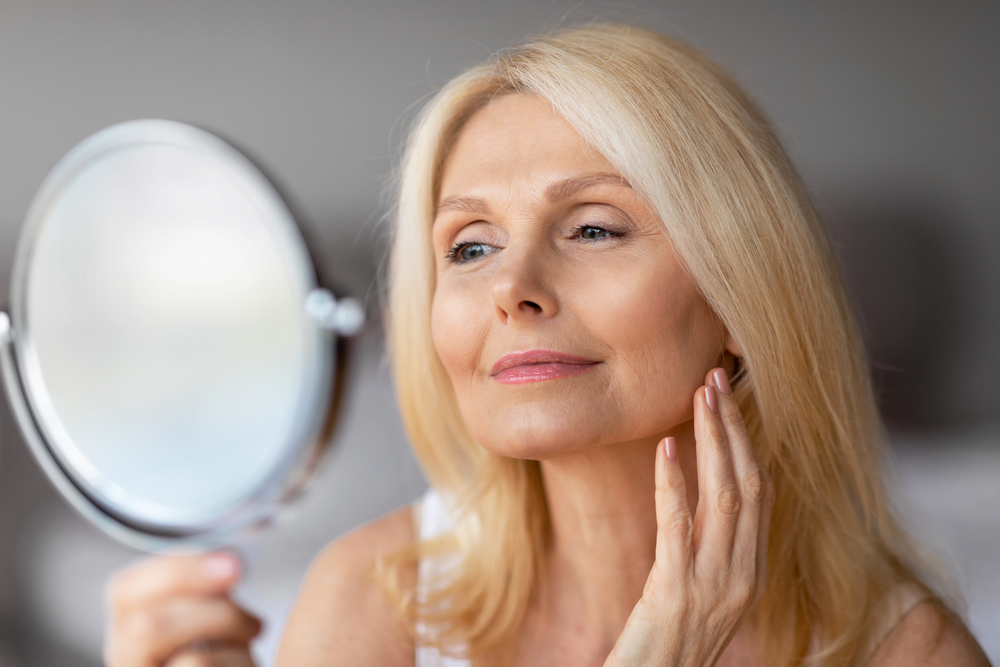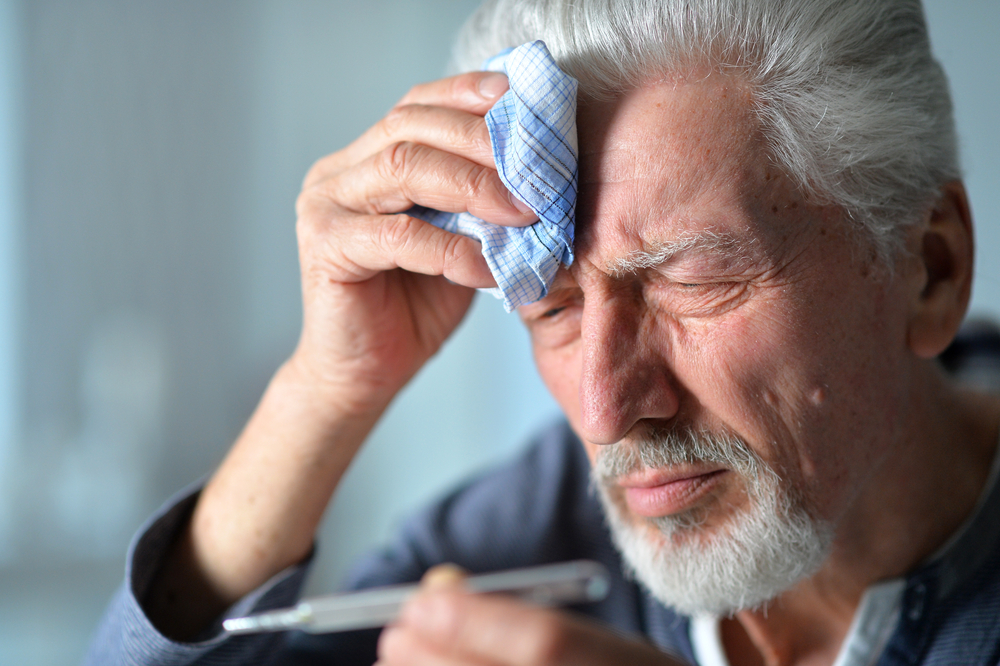
Image: Depositphotos.com
In our modern world, aging is often associated with negative emotions, but all it really means is that your body and mind need to adjust to the new reality, and your life is entering new stages. Here is what experts have to say about aging well and what you should pay attention to.
Strong human connections
If the pandemic taught us anything, it is that loneliness is a crippling feeling, and U.S. Surgeon General Dr. Vivek Murthy confirmed as much, “Our epidemic of loneliness and isolation has been an underappreciated public health crisis that has harmed individual and societal health.” Try to engage in volunteering, organize book clubs, game nights, or go shopping, just don’t lose the human touch.
Think of your brain as a muscle
Dr. Lee Lindquist, the chief of geriatrics at Northwestern Medicine, explained why socializing is vital for mental and cognitive health. Lindquist stated, “We think of the brain as a muscle, so if you sit in a room with four walls all day and not talk to anybody … your brain will go to sludge because it’s not getting any stimulation.” Proper socialization also protects partly from dementia, a study in Nature Aging confirmed.
Mental strength
Dr. Parul Goyal, a geriatrician at Vanderbilt Health in Nashville, told HuffPost that she ensures her patients stay mentally strong. Learning new skills will “help form new pathways in the brain so that they can continue to stay cognitively strong,” and this could be anything from learning new games to getting the piano lessons you wanted as a child.
Find physical activities you like
In order to age well, you have to be physically active. But, finding a suitable activity is the real challenge because “If you don’t enjoy it, you’re not going to stick to it,” said James Powers, M.D., a geriatrician at Vanderbilt University Medical Center. Activities like gardening or swimming are not only helping your heart and muscles. These will also help with your mood and likely broaden your group of friends.
Walk more
One study published in the Journal of Aging and Physical Activity confirmed, “We found that even light physical activity such as walking was associated with a lower risk of death.” The study’s author, Aladdin H. Shadyab, who examines aging and longevity at the University of California, San Diego, said, “It’s never too late to start moving and sit less.”
Get regular check-ups
There is no time to waste, so if you notice that your medications are not doing their job or you have strange sensations in your body, go to your GP. Aging does not have to be painful, nor should one be ashamed to want to know how to help themselves. Insomnia follows around 50 percent of adults over 50. That is not the norm since your body requires at least seven hours of sleep. Talk to your doctor about diet changes, certain medications, or activities you can take to help tackle this issue.
Think of the future
Geriatrician John A. Batsis, who works at UNC School of Medicine, stated, “Age is just a number, but how you feel about it is so important.” He added, “I have folks who feel old in their mid- or late 60s. I have others in the late 80s who feel young.” The difference is how you perceive life. If you are making positive changes and plans for your next adventure, it will make you less fearful of aging and more focused on what life has to offer at this moment.






